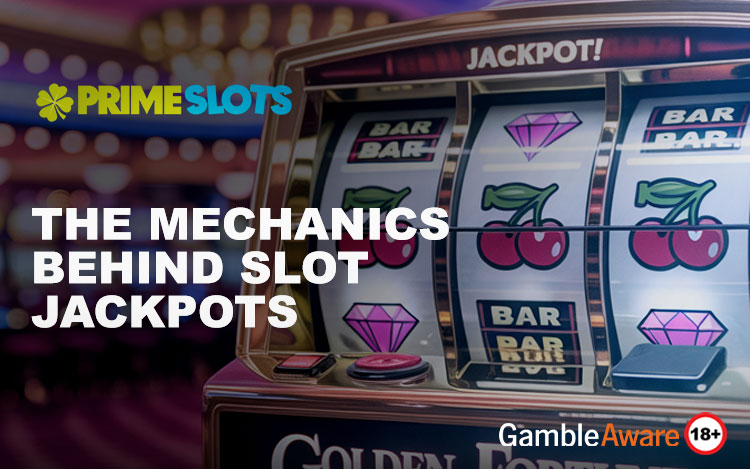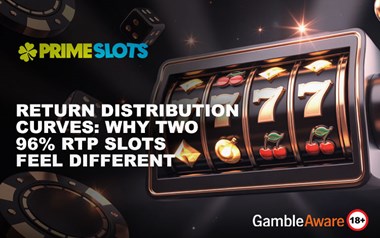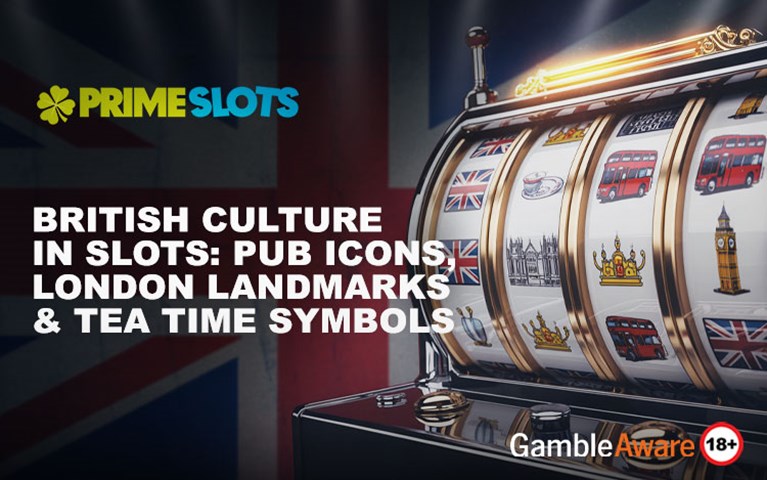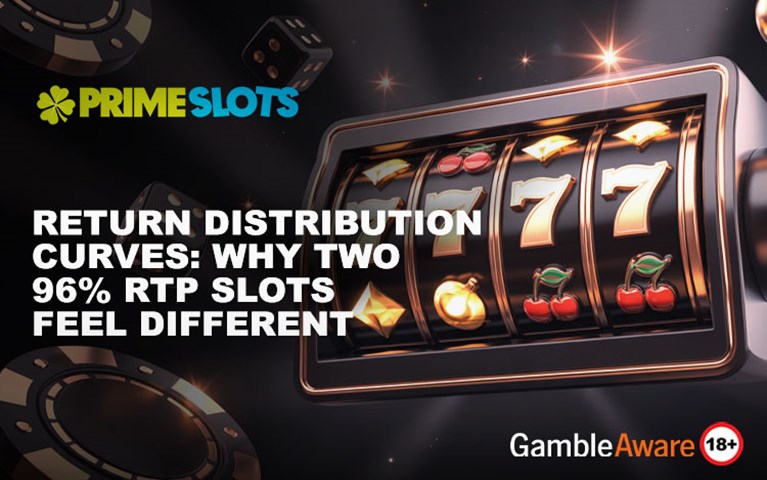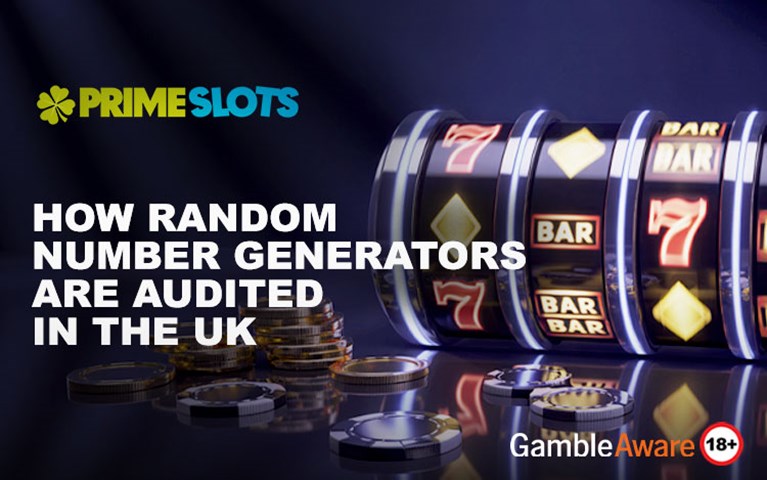Online slots have become a staple of digital entertainment, particularly among players looking for fast-paced gameplay with real rewards. But when it comes to slot jackpots, many people remain in the dark about how they are actually determined. Whether you're playing for fun or trying your luck with real money slots, understanding how jackpots are calculated can give you valuable insight into how the games function — and how to manage your expectations.
In this guide, we’ll walk you through everything you need to know about slot jackpot calculations, including the role of RNGs (Random Number Generators), Return to Player (RTP) percentages, progressive vs. fixed jackpots, and how operators like Prime Slots ensure fairness and transparency.
What Is a Slot Jackpot?
A slot jackpot refers to the maximum prize a player can win on a slot machine. This can range from a few hundred pounds on a standard game to multi-million pound prizes on progressive jackpot slots.
There are generally two main types of jackpots:
- Fixed jackpots: These offer a set prize amount that doesn’t change regardless of how many times the game is played.
- Progressive jackpots: These increase incrementally every time someone plays the slot but doesn’t win the jackpot.
For a full comparison guide, visit our blog post here.
The Role of Random Number Generators (RNGs)
At the heart of every slot machine — whether it’s found at a casino or online on platforms like Prime Slots — lies a Random Number Generator.
An RNG is a software algorithm that continuously generates random number sequences. When you press ‘Spin’, the RNG produces a result that corresponds to a specific combination of symbols on the reels.
What this means for jackpots:
- The RNG determines when a jackpot will be triggered, based purely on probability.
- There’s no pattern or cycle, ensuring every spin is independent.
- The system is designed to be fair, certified by regulatory bodies such as the UK Gambling Commission.
How RTP Influences Jackpot Calculations
Slot RTP, or Return to Player, is another essential part of the equation. It represents the percentage of all wagered money that a slot is programmed to pay back to players over time.
For example:
- A slot with an RTP of 96% will, on average, pay back £96 for every £100 wagered.
- The remaining 4% is known as the house edge — the operator’s profit margin.
In the context of jackpots:
- High RTP does not necessarily mean higher jackpot chances, but it does affect the overall payout structure.
- Games with low RTP may compensate with larger jackpots, while high RTP games often have smaller but more frequent wins.
Always check the RTP before playing real money slots to understand your potential return.
Fixed vs. Progressive Jackpots: What’s the Difference?
Fixed Jackpots
These are straightforward: a specific prize is awarded when a certain combination of symbols appears.
Example: Match five wild symbols to win £5,000.
- The amount does not change regardless of how many people play.
- Often found in classic slots or low-variance video slots.
Progressive Jackpots
These are where things get interesting. A progressive jackpot starts with a seed amount and grows incrementally with every wager across a network of players.
How it works:
- A small percentage of every bet contributes to the jackpot pool.
- The jackpot continues to grow until one lucky player hits the winning combination.
- Some jackpots are networked across multiple casinos and platforms, like Prime Slots, allowing for faster growth.
There are also types of progressive jackpots:
- Standalone: Linked to a single game or platform.
- Local: Linked across several games within one operator.
- Networked: Shared across many operators, offering the largest jackpots.
Jackpot Contribution Rates Explained
Every time you spin a slot with a progressive jackpot, a portion of your wager contributes to the prize pool. This is known as the contribution rate.
Here’s how it typically breaks down:
- 90% of your wager goes towards the base game.
- 5% might go to the operator or game provider.
- 5% is channelled into the jackpot fund.
These rates are programmed into the game’s mechanics and are monitored by regulators. This is how platforms offering real money slots can maintain transparency and fairness.
Jackpot Triggers: Symbols, Bonuses and Mystery Prizes
So how are jackpots actually triggered?
There are several mechanisms, depending on the slot:
- Symbol-based triggers: Land a specific symbol combo, like five jackpot icons on an active payline.
- Bonus rounds: Unlock a mini-game (e.g., a spinning wheel or pick-me bonus) that includes the chance to win the jackpot.
- Mystery jackpots: These drop at random, regardless of symbols, often linked to time-based or prize-pool conditions.
Not all slots are created equal, and it’s important to read the game rules carefully. On platforms like Prime Slots, game guides are available to help you understand each title’s jackpot mechanics.
RTP vs. Volatility: Why It Matters for Jackpot Chasers
Another important factor is slot volatility. This refers to the risk level of a slot.
- Low volatility: Frequent but smaller wins.
- High volatility: Bigger wins, but less frequent — often tied to large jackpots.
A game may have a high RTP but still be highly volatile. This means you could spin for a while without a big win, then suddenly land a jackpot-sized prize. For real money slots, your choice between high and low volatility should match your playing style and bankroll.
Fairness and Regulation: What Ensures Jackpots Are Genuine?
In the UK, all slot games must adhere to strict guidelines set by regulatory bodies like the UK Gambling Commission and eCOGRA. This ensures:
- All RNGs are certified and regularly audited.
- RTPs are published and accurate.
- Contribution rates and jackpot payouts are disclosed.
Reputable operators such as Prime Slots go beyond these minimums, often showcasing independent game testing and payout certifications.
Can You Improve Your Odds?
Short answer: No. Because slots use RNGs and fixed probability outcomes, there is no strategy that will increase your odds of hitting a jackpot. However:
- Playing within your budget.
- Choosing higher RTP games.
- Understanding volatility.
…can help you make more informed choices and enjoy a better gaming experience.
Informed Play Leads to Smarter Choices
Knowing how slot jackpots are calculated removes a lot of the guesswork from your gaming. While you can’t control the outcome, understanding RTP, RNG, volatility, and jackpot types can help you select the games that align best with your goals and playing style.
Whether you’re spinning for fun or playing real money slots, platforms like Prime Slots offer a wide range of games, each with its own payout mechanics and jackpot systems. Always read the game information, play responsibly, and never chase losses.


